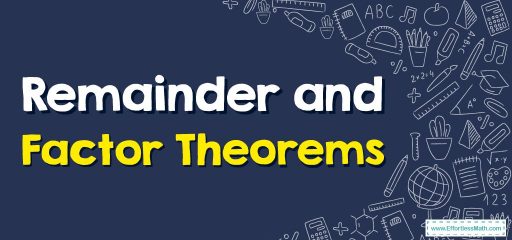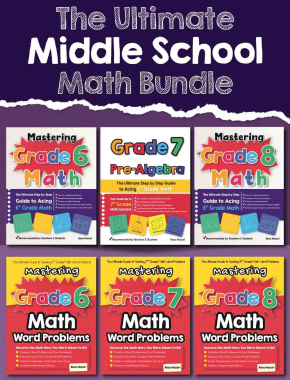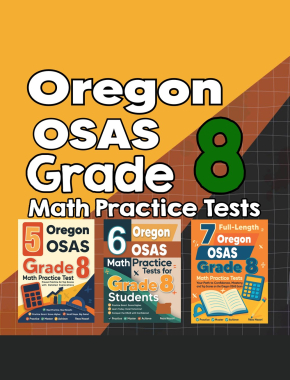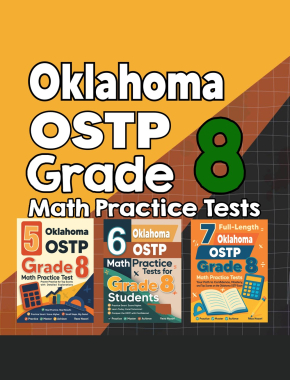Remainder and Factor Theorems
The factor theorem is mainly used for factoring polynomials and finding \(n\) roots of polynomials. In this step-by-step guide, you learn more about the factor and remainder theorems.
[include_netrun_products_block from-products="product/6-south-carolina-sc-ready-grade-3-math-practice-tests/" product-list-class="bundle-products float-left" product-item-class="float-left" product-item-image-container-class="p-0 float-left" product-item-image-container-size="col-2" product-item-image-container-custom-style="" product-item-container-size="" product-item-add-to-cart-class="btn-accent btn-purchase-ajax" product-item-button-custom-url="{url}/?ajax-add-to-cart={id}" product-item-button-custom-url-if-not-salable="{productUrl} product-item-container-class="" product-item-element-order="image,title,purchase,price" product-item-title-size="" product-item-title-wrapper-size="col-10" product-item-title-tag="h3" product-item-title-class="mt-0" product-item-title-wrapper-class="float-left pr-0" product-item-price-size="" product-item-purchase-size="" product-item-purchase-wrapper-size="" product-item-price-wrapper-class="pr-0 float-left" product-item-price-wrapper-size="col-10" product-item-read-more-text="" product-item-add-to-cart-text="" product-item-add-to-cart-custom-attribute="title='Purchase this book with single click'" product-item-thumbnail-size="290-380" show-details="false" show-excerpt="false" paginate="false" lazy-load="true"]

When a polynomial is divided by a linear polynomial, the remainder theorem is used to find the remainder.
A step-by-step guide to the remainder and factor theorems
According to the remainder theorem, if we divide a polynomial \(P(x)\) by the factor \((x – a)\); which is essentially not an element of a polynomial, you will find a smaller polynomial with the remainder. This remainder obtained is actually a value of \(P(x)\) at \(x = a\), specifically \(P(a)\). So basically, \((x -a)\) is the divisor of \(P(x)\) if and only if \(P(a) = 0\). It is applied to factorize polynomials of each degree elegantly.
The factor theorem states that if \(f(x)\) is a polynomial of degree \(n\) greater than or equal to \(1\), and \(a\) is any real number, then \((x – a)\) is a factor of \(f(x)\) if \(f(a) = 0\). In other words, we can say that \((x – a)\) is a factor of \(f(x)\) if \(f(a) = 0\).
Difference between the factor theorem and the remainder theorem
The remainder and factor theorems are similar but refer to two different concepts. The remainder theorem relates the remainder of the division of a polynomial by a binomial with the value of a function at a point. The factor theorem relates the factors of a given polynomial to its zeros.
Related to This Article
More math articles
- Stretching the Line: How to Multiply Fractions by Whole Numbers with Number Lines
- FREE 7th Grade PSSA Math Practice Test
- Using Number Lines to Add Two Negative Integers
- The Ultimate TSI Math Course (+FREE Worksheets & Tests)
- Understanding Decimals (Tenths and Hundredths) for 4th Grade
- Using Number Lines to Represent Integers
- Top 10 7th Grade SBAC Math Practice Questions
- Place Value (Through Hundred Thousands) for 4th Grade
- How to Find the Increasing or Decreasing Functions?
- How to Write Linear Functions from Tables

















What people say about "Remainder and Factor Theorems - Effortless Math: We Help Students Learn to LOVE Mathematics"?
No one replied yet.